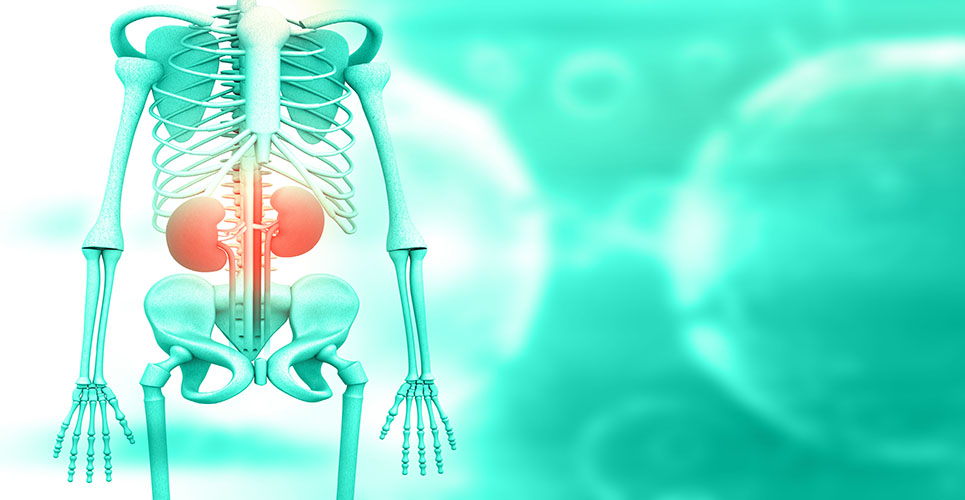teaser
Scientists have discovered a range of markers in the blood of kidney transplant patients which could give vital information about the suitability of different drugs and the likelihood the new organ will be successful.
A team of European researchers reviewed data from a wide range of people who had undergone the procedure, including 11 who had stopped taking powerful anti-rejection drugs after their body “accepted” the new organ.
After carrying out detailed blood tests, they found several immune system differences specific to the group which made it less likely they would encounter problems after the operation.
It is believed the find could eventually lead to improvements in kidney transplant rejection rates and targeted immunosuppressant drugs.
“If you’re on these transplant drugs for life, then you have the side effects for life as well as the benefits,” said Rachel Hilton, a renal consultant at Guy’s Hospital in London and co-author of the study.
“The main side effects are increased risk of infection and a higher risk of future cancers, so they are very undesirable side effects in both the short and long-term.”
The findings were published in the Journal of Clinical Investigation.
Copyright Press Association 2010
Journal Of Clinical Investigation
